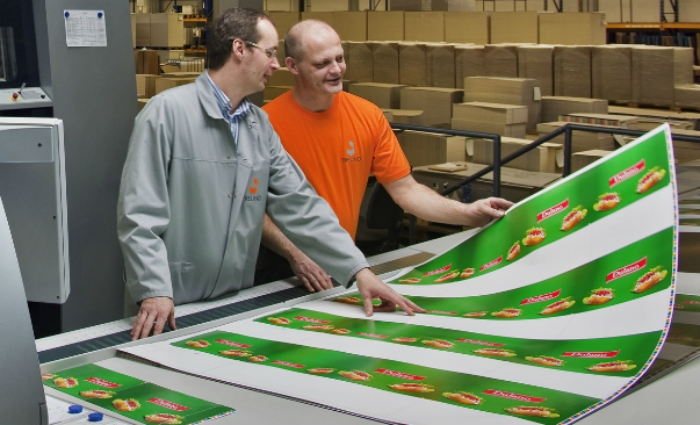The Australian Institute of Packaging has spaces available for a half-day training course on the role of packaging in minimising food waste.
The AIP will run the course in New Zealand as a part of FoodTech PackTech on September 19 with all of industry invited to attend. This course will provide participants with an introduction to the seriousness of food waste in this country and globally and how we can all make a difference as team members of the product-packaging design process to this issue. It will cover packaging design criteria for Best-Practice Save Food Packaging Design developments that should be considered. With hands-on and practical case studies participants will learn how designing packaging to save food actually saves food.
Over one third of the food grown for human consumption is lost or wasted between farm and fork. Estimates for Australia and New Zealand waste place the value at over $20bn per year, with half of this occurring in households. With many reasons for why this loss occurs, we can find many opportunities to create more efficiencies with resources.
The course objectives include understanding of where and why food loss and waste occurs; understanding the role of packaging in minimising loss through the supply chain and at the household level; understanding of key packaging design criteria to minimise food loss/waste; and gaining an appreciation of the environmental life cycle profile of food, packaging and food waste.
This course suits packaging technologists, designers, engineers, marketers, production and procurement managers, and for industries across the food supply chain – farm to fork.
Dr Karli Verghese FAIP, Principal Research Fellow in the Industrial Design programme at RMIT University will run the course. Her research projects have included the development of decision support tools for packaging, resource efficiency, food waste, eco-design and one currently being developed for Australia’s Antarctic research station. Research themes include the role of packaging, packaging sustainability, food loss/waste across supply chains, resource efficiency, waste management, and life cycle assessment. She is also the Reducing Supply Chain Losses Research Program Leader of the proposed Fight Food Waste and Fraud CRC.
Click here to learn more and to book a place on the course


